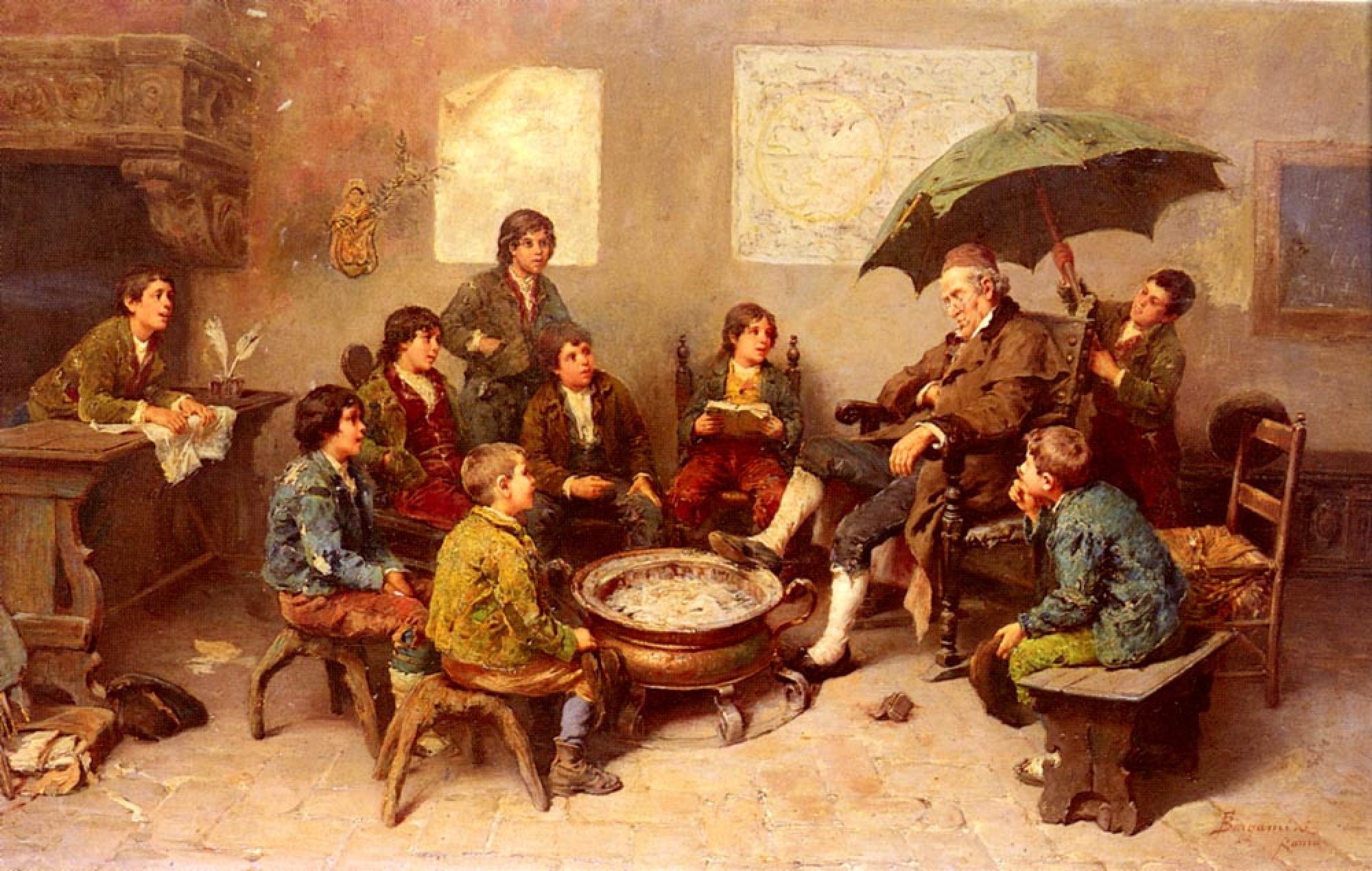Teaching Intercultural Competence Across the Age Range: From Theory to Practice. Focusing on the teaching and learning of intercultural communicative competence in foreign language classrooms in the USA, this ground-breaking book is the first to describe in detail how teachers, supported by university educators and education advisers, might plan and implement innovative ideas based on sound theoretical foundations. In the section “ESL Teaching books” this is a key book.
Arguably, teachers need two kinds of knowledge: declarative and procedural. Declarative knowledge is propositional, and includes information and propositions. Teachers have declarative knowledge of, among many other things, curriculum, pedagogy, assessment, disciplines, pedagogical content and child development. Procedural knowledge, on the other hand, consists of knowing how to do something.
To complicate matters, reflection, enquiry and learning to be a professional are forms of knowledge, key to teaching, which have a declarative core and a procedural practice. The declarative core may be taught in a series of lectures, but only when knowing about reflection becomes ‘reflecting’ are the advantages of this knowledge generated. The same is true for enquiry and professionalism.
However, the issue is even more complex. Firstly, the distinction between declarative and procedural knowledge seems neat only because the level of abstraction is so high. Even those content-rich knowledges just mentioned do not contain all that needs to be known.
Secondly, the concept of a ‘teacher knowledge base’ is a contested one. Some regard it as being impossible to specify (Kincheloe 2004; Edwards, Gilroy, & Hartley 2006).
Thirdly, the distinction gives rise to misunderstanding because it appears to express underlying assumptions about ‘theory–practice divides’ which occur in space and time. Spatially, theory is associated with university/college, and practice with school. In time, theory is more associated with the initial stage and less with continuing learning.
Fourthly, although the two types of knowledge and their interrelationships are complex, governments tend to believe that teaching is common sense. In 2006, some frustrated teacher educators argued, ‘it is not possible to find an objectivist [that is, declarative] knowledge-base for teacher education and [practitioners should] recognize that the one that is currently policed in England by Ofsted is a fiction enforced by political fiat’ (Edwards, Gilroy, & Hartley, 2006, p.50).
After reading “Teaching Intercultural Competence” you can check important issues for ESL teachers on the section PDFs, and visit my YouTube channel.

